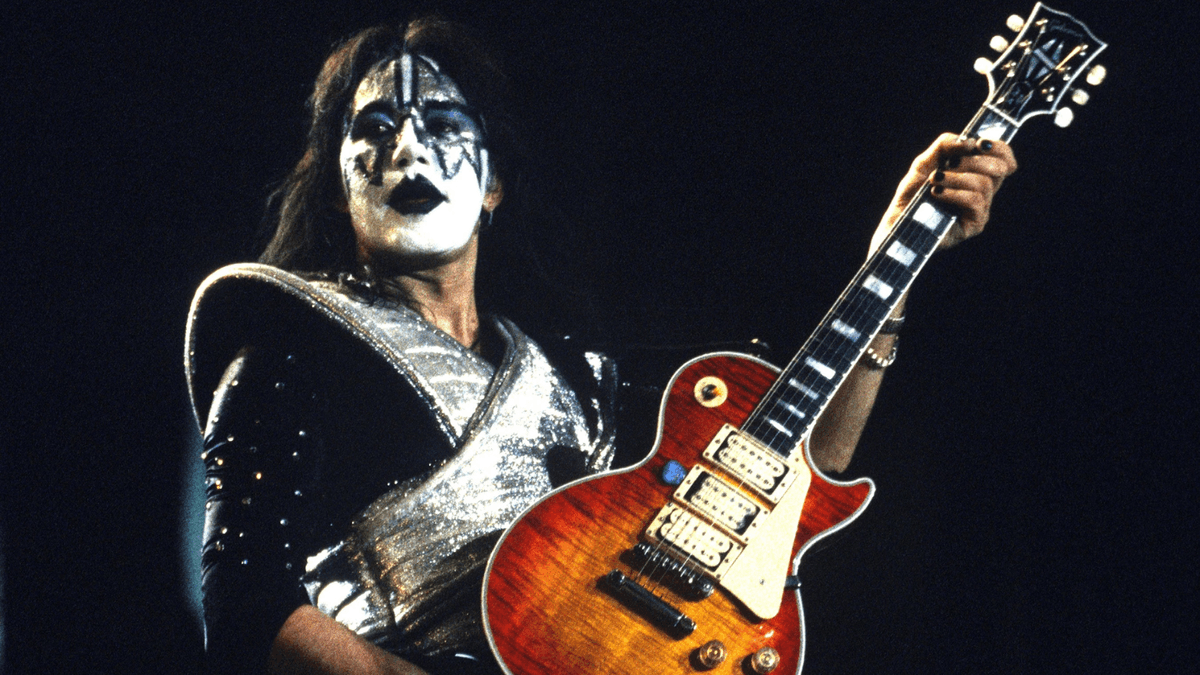
Ace Frehley reflected on recording “Rocket Ride“, noting how he didn’t compose his solos in advance “90 per cent of the time.”
If one had to choose a single guitarist to serve as the embodiment of intuitive playing, Ace Frehley would without a doubt be one of the first choices. Ace’s playing during early KISS shows seemed almost like great licks simply flowed out of him, and this doesn’t seem to be very far from the truth.
In a recent interview with MusicRadar, the original Starman noted how “Rocket Ride”, a major milestone in the guitarist’s career, simply happened with zero planning. The song, which features Frehley on vocals, bass, and guitar with Peter Criss manning the drums, was the second time Frehley sang lead in KISS, following “Shock Me”. Those two songs made Frehley confident in his singing chops, as the guitarist explained:
“Once I had a track under my belt, it gave me confidence. It made me realize that Paul and Gene weren’t the only lead singers in the band. I still don’t consider myself a lead singer. But after ‘Shock Me’ and ‘Rocket Ride’, and all my other albums, a lot of other people do!”
“I don’t even remember if Gene and Paul played on this one. How long ago was this, like 50 years ago?”
Frehley’s choice of gear was similarly spontaneous, as the guitarist recalled:
“But ‘Rocket Ride’ was interesting because I used a flange on the main riff and a wah-wah on the solo, which was unusual for me. I have no idea why I did it, though! In those days, I used to bring over whatever I had to the studio, I’d experiment, and stuff would happen.”



